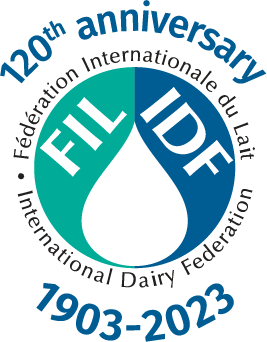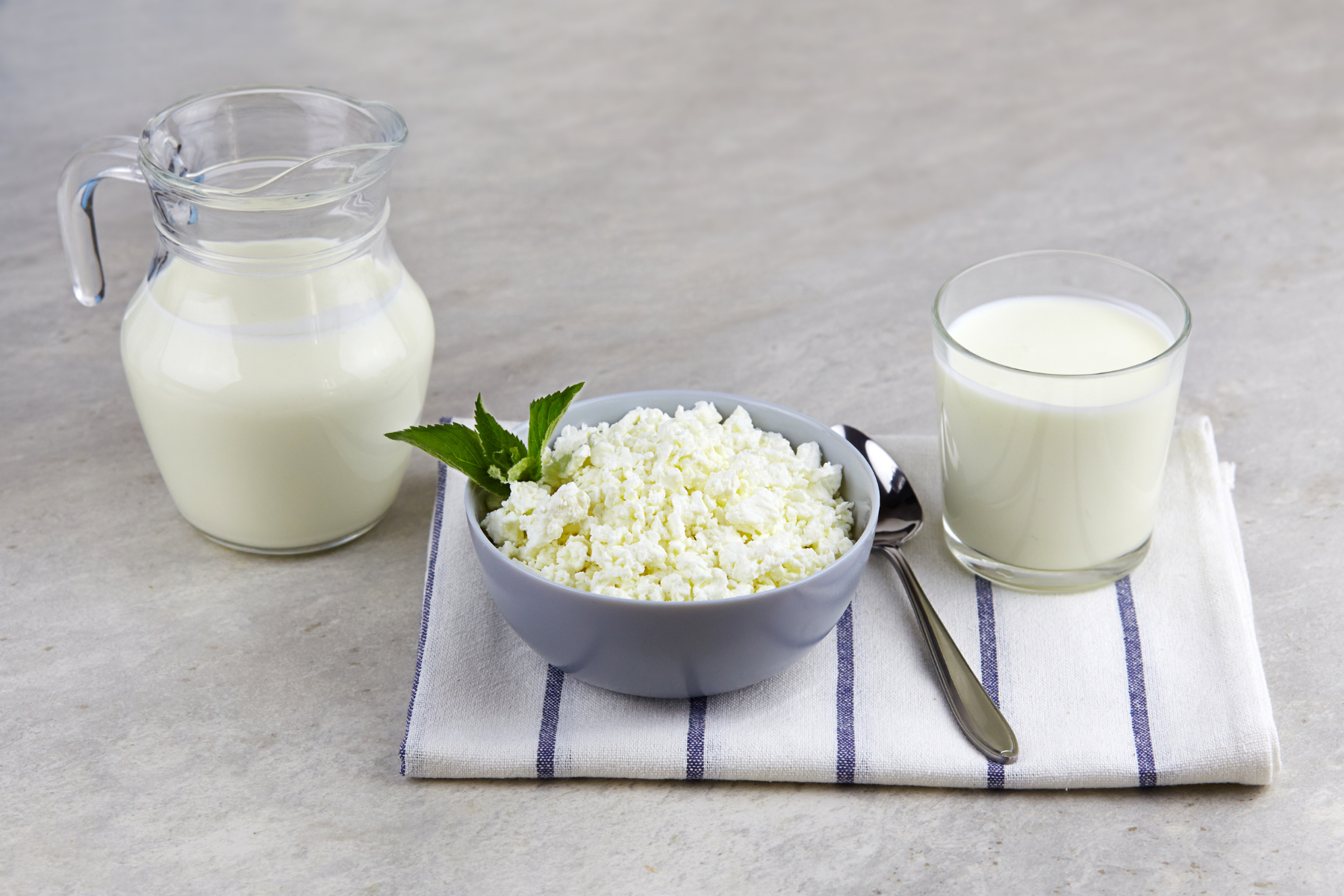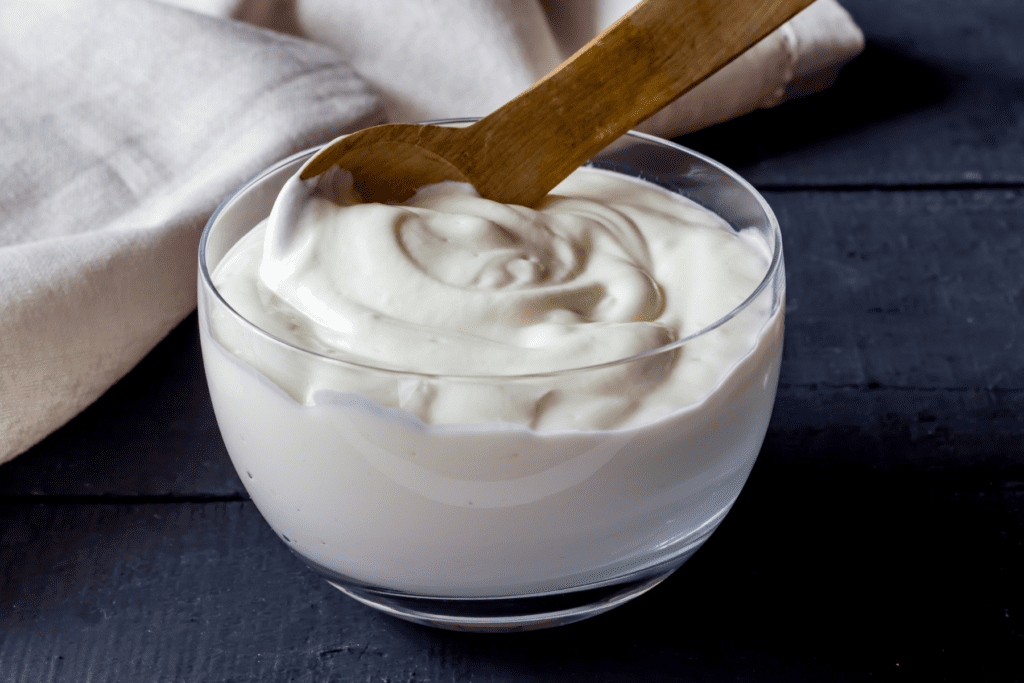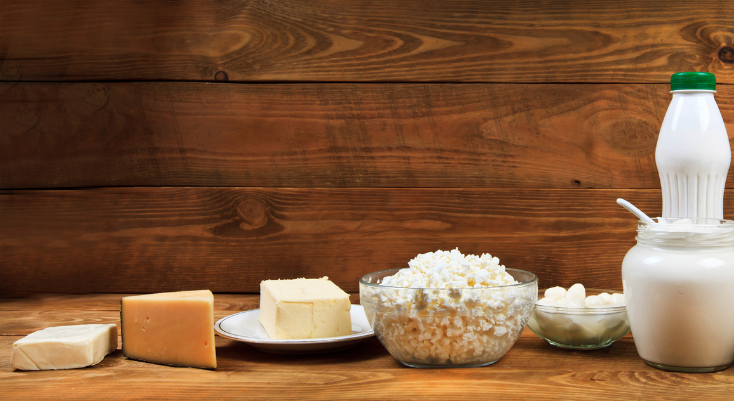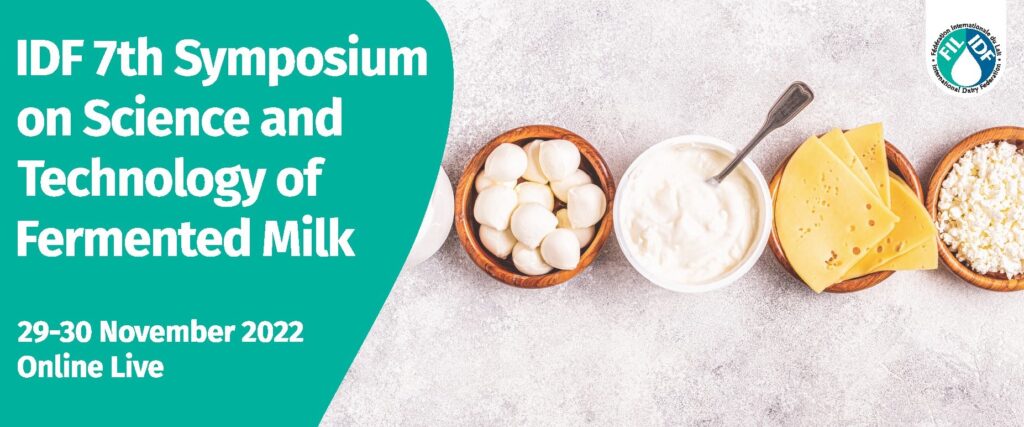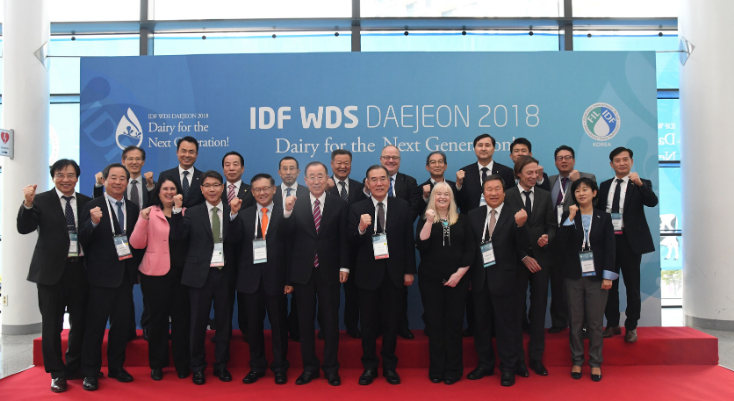The increased interest in fermented foods due to their potential contribution to gastrointestinal microbiota modulation and the impact on human health is leading food scientists to pay greater attention to their role in diets.
Promoting innovation in fermented dairy for human wellbeing will be the focus of the 6th Symposium on Science and Technology of Fermented Milk on 16 October 2018 at the IDF World Dairy Summit in Daejeon, South Korea, from 15-19 October.
The Symposium will build on the discussions of the 5th Symposium held four years ago in Melbourne, Australia.
David Everett, Chair of IDF’s Standing Committee on Dairy Science and Technology said: “Holding the 6th edition of this Symposium in Asia is of tremendous value as the scientific research on fermented dairy and the interest of these products are growing in the region.”
At the 6th Symposium, Dr Seppo Salminen of University of Turku, Finland, will speak on the potential for fermented foods to fight diseases and improve nutrition.
“Fermented foods which contain a diverse collection of microorganisms, have been traditionally consumed because of the positive effects on gut microbiota resilience,” explained Dr Salminen.
“Fermented dairy products, especially yoghurt, which combines milk, microbial starter cultures and pre-digested nutrients for human use can be considered for future food-based dietary guidelines or recommendations focusing on beneficial microbe intake for gastrointestinal and other health effects,” he added.
The Symposium will also explore ways to enrich food through product development and innovation, particularly to provide nourishment for vulnerable populations.
Dr Xueying Mao of the China Agricultural University will examine the potential for new ingredients such as milk protein hydrolysate-calcium complexes to become a good calcium supplement in yoghurt production.
“If yoghurt is enriched with protein hydrolysate-calcium complexes, it can be an alternate solution to compensate for insufficient calcium in the human body,” said Dr Mao.
Growth opportunities for yoghurt is encouraging, according to Dr Kwangsei Lim of Danone Pulmuone, South Korea, with the yoghurt market, including fermented beverages, accounting for close to 15% of global dairy sales value.
“Yoghurt is moving more into the mainstream food market, particularly in Asia,” Dr Lim stated. “Key growth drivers are the health perceptions of yoghurt with its impact on the health of the digestive and immune systems, besides offering a good source of protein and calcium.”
Other speakers include Dr In Kyu Lee of Catholic University’s St Mary Hospital, South Korea; Dr Juhoon Lee of Kyunghee University, South Korea; Dr Guy Vergéres of Swiss Agroscope, Switzerland; Dr Mansel Griffiths of University, Dr Bruno Pot of Yakult Euro, France; Dr Sungsik Jang of Yakult, South Korea; Dr D K Sharma, National Dairy Development Board, India; Dr Yodai Kobayashi of Morinaga Milk, Japan; and Dr Nagendra Shah or University of Hong Kong.
A Special Session on Fermented Dairy: Health Benefits will be held on 18 October in conjunction with the 6th Symposium.
For information on the Symposium and other conferences at the IDF World Dairy Summit 2018, please click on the link below to download the programme.
For more details, visit www.idfwds2018.com.
